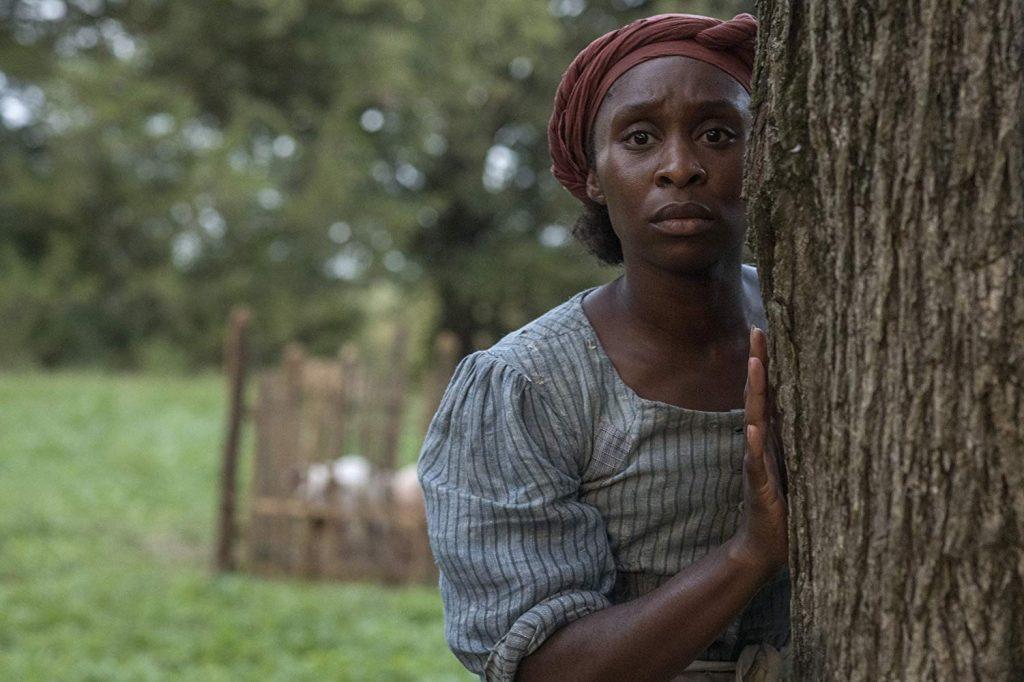It’s been a long time comin’, but “Harriet” is finally here.
Last week, director Kasi Lemmons premiered “Harriet,” the first Harriet Tubman biopic. Lemmons is known for directing the 1997 classic “Eve’s Bayou.” Now, she is known for giving audiences an inspirational, thought-provoking film reflecting on the heroic journey of Tubman.
Tony Award winning actress Cynthia Erivo steps into the shoes of an American hero who freed over 300 slaves, including herself. The film educates viewers on the path to freedom led by one of the most important women in American history.
In a time where female directors and leads are needed in film, “Harriet” presents an African American woman director and lead. Erivo not only graced us with her beautiful voice, but she stepped into Harriet’s shoes performing daily rituals such as prayer, meditation and morning workouts that she said got her in touch with Tubman.
The rituals must have paid off because critics have been raving about Erivo’s performance, calling it “crowd pleasing.” Moviegoer Angela Marie agreed.
“It was an amazing movie,” she said. “I was in tears for the hurt, love, strength, character and most of all, pride.”
However, not everyone feels the same. Many people criticized the biopic for mixing myths. For instance, many reviewers disagree with the addition of a fictional black bounty hunter that Lemmons created as an antagonist. Others feel the film did not give the late Civil War soldier justice by watering down the truth.
Even though the movie lacks polish and prestigious cinematic work that may be considered Oscar worthy, Lemmons takes a different approach on your average slavery movie. She addresses spirituality and steps away from the brutal visuals audiences normally witness when watching films about dark times.
Either way, Lemmons, with the help of Erivo, creates a film that finally showed viewers the journey one woman took to free slaves and fight for human rights. This woman went by different names: Minty, Moses, but most importantly, Harriet.
jmcq58@mail.umkc.edu








